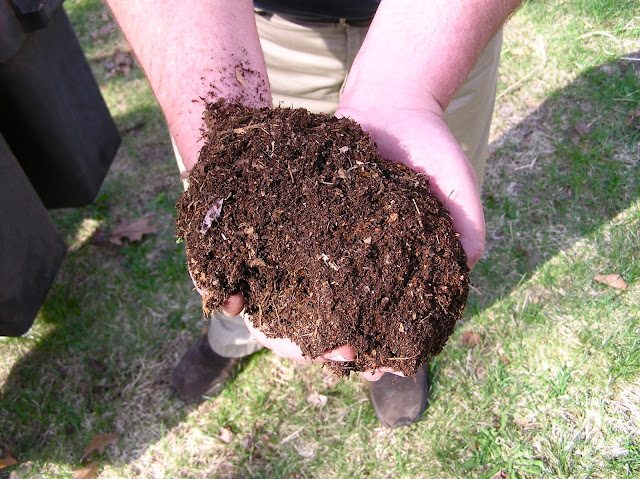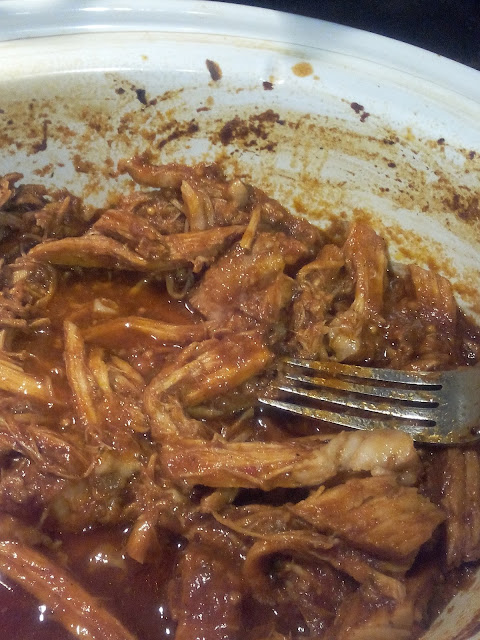Tips for Composting in Your Garden
Tweet
Don't Do These Things
 |
| By normanack - https://www.flickr.com/photos/29278394@N00/2457055952/, CC BY 2.0, https://commons.wikimedia.org/w/index.php?curid=7018453 |
Composting is a great way to nourish your garden and increase your crop yield. Yet, many beginning home farmers don’t know or understand the concept. You might be tempted to throw just anything into your compost pile and hope for the best. If you do this, you risk ruining your compost and also spreading disease.
The trick to creating good, usable compost is to use only certain types of waste: all must be organic plant material. Whether you’re using a compost bin or creating a large pile, these things will reap the best rewards for you:
Green things.
Green plant material is high in nitrogen and is necessary to start the heat process. Excellent green plant materials include young weeds – before they develop seeds, comfrey leaves, yarrow, grass cuttings, fruit and vegetable scraps, coffee grounds and tea leaves and tea bags. Other great green materials are the manure of plant-eating mammals such as rabbit or chicken droppings.
Brown stuff. Brown organic materials are high in carbons, which serve as the fiber for your compost. These include autumn leaves, dead plants, sawdust, cardboard, dried flowers, old straw and hay.
Miscellaneous materials.
You’d be surprised to know you can throw shredded cotton cloth, paper bags and animal hair into a compost bin. Egg shells are also useful, along with paper towels. Don’t use too much, however, otherwise you’ll upset the balance of the compost.
Your compost needs air and water. Without either, you will be stuck with nothing more than a big, stinky pile of garbage. Keep the compost damp, but not overly wet. It should be about as damp as a sponge that’s been wrung out. You need to allow air to circulate throughout the compost in order to allow maximum anaerobic activity to occur. Stir it occasionally, or buy some worms to aerate it.
You can always use some starter soil to help the process get started. It isn’t necessary, but it will get the juices flowing more quickly.
Don't Do These Things
Don’t put pasta, nuts, bread or cooked food into your compost pile. They don’t break down easily and become slimy, slowing down the crucial heating-up process.
Glossy papers, magazines, or synthetic fibers are also no-nos because they get in the way of the decomposition of organic matter. Weeds that have gone to seed and diseased plants should also never be put into a compost pile.
The Natural Resources Defense Counsel also advices against adding oils to your compost heap. Those can attract unwanted pests like skunks and even cats.
Never, and I mean never put meats, bones, human or pet feces (except those listed above) in your compost pile. Human feces are one of the biggest culprits of Hepatitis A and E. Coli. Dog and cat feces have their own health risks. Not only are these items serious health risks, but they are also extremely pungent when they break down.
Now you’re ready to start composting. It is really quite easy, and when done correctly, you can have a great compost harvest within a matter of weeks.


Comments
Post a Comment